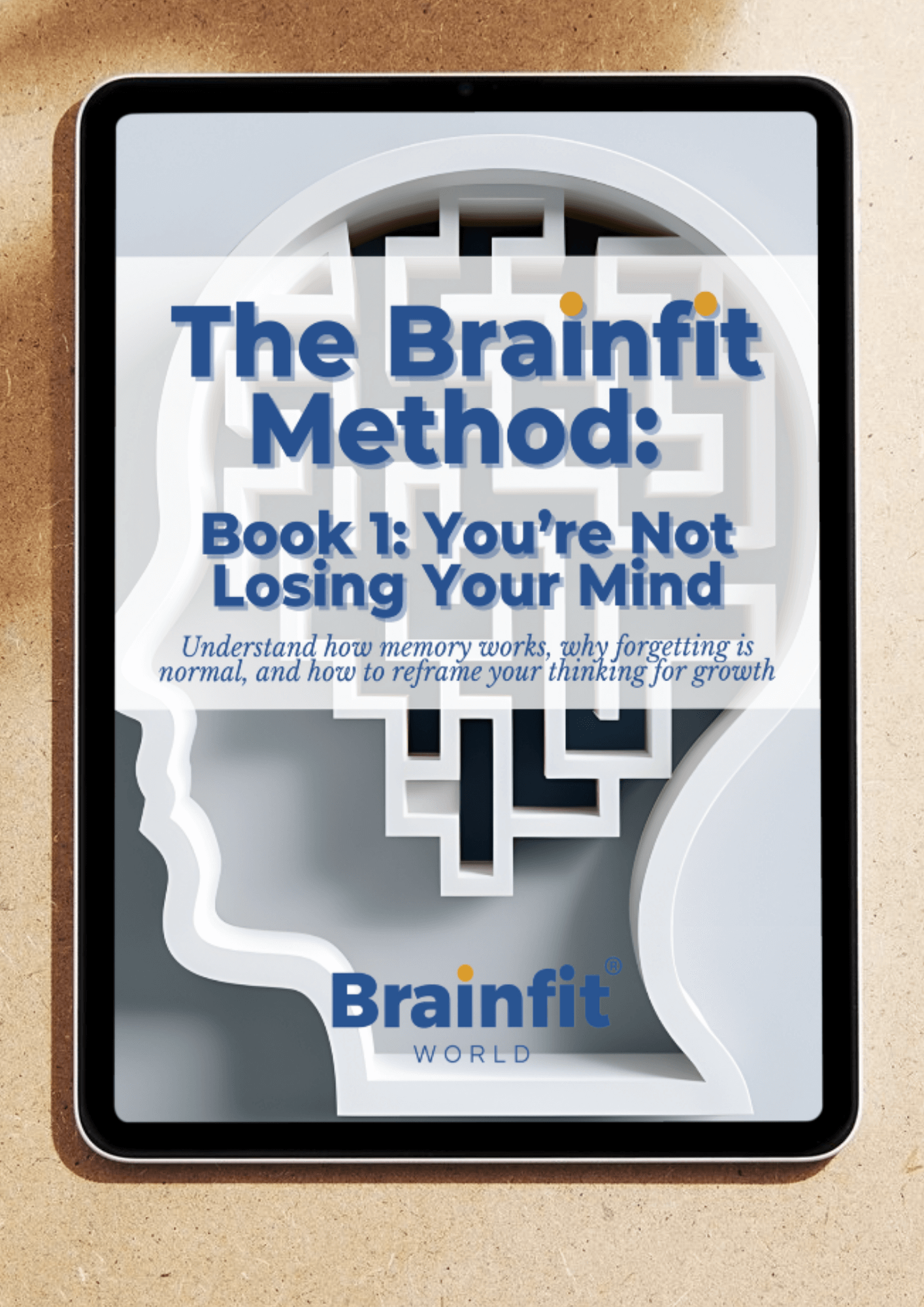Did you know that there is a connection between how well your memory operates, and how much you weigh?
While there is no way that you can change your family history, age and genetics, there are a number of lifestyle factors that are under your control. To help support your memory, do a quick scan of your own profile regarding smoking, blood cholesterol, high blood pressure, physical activity levels and your weight.

BMI or Body Mass Index has become a bit of a buzz word. If you belong to a health and fitness center, you’ll already know what yours is, because it is one of the first measures the trainer takes. What I didn’t know, though, was that your BMI is one of the first things that is checked if you are worried about your memory. There is now an established link between an impaired memory and obesity, so it is common-sense to find out if you are at risk of this hazard. Calculating your BMI is a screening tool, not a real diagnosis, but it gives you an indication of your body fat without having to go through actual clinical tests
Find out your BMI to find out if your weight is within acceptable limits for good health.
https://www.nhlbi.nih.gov/health/educational/lose_wt/BMI/bmi-m.htm (Metric)
https://www.mayoclinic.org/bmi-calculator/itt-20084938 (US)
Example: John is 1.7 meters (5’7”) tall, weighs 80kg and has a BMI of 28. The upper index for a healthy weight is 25, so John is overweight. If his BMI were 30 or more, he would be considered obese. The ideal weight for John would be 72kg. Every one degree decrease John can achieve in his BMI will decreases his risk of stroke by 6%.
|
BMI
|
General Interpretation |
|---|---|
| Below 18.5 | Underweight |
| 18.5 – 24.9 | Normal |
| 25.0 – 29.9 | Overweight |
| 30.0 and Above | Obese |
Keep an eye on your BMI – your memory will love you for it!
For more free help and personal advice on brain food and improving your memory, please visit the Memory Foundation.




